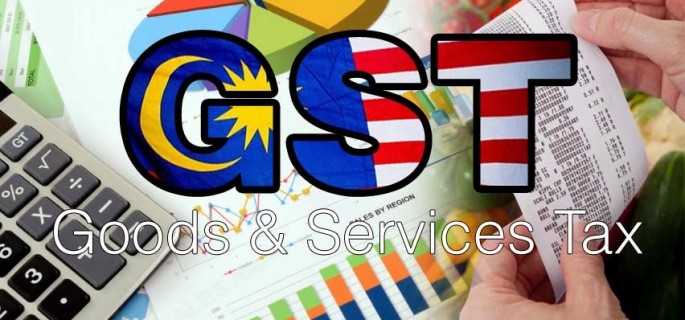The Ultimate Overview to Simplifying the GST Registration Refine and Requirements for Small Company Owners

Recognizing GST Essentials
To realize the principles of the Item and Solutions Tax (GST) system, local business owners should first understand its underlying effects and principles. GST is a value-added tax levied on most goods and solutions for residential usage. It aims to streamline the taxation procedure by changing multiple indirect tax obligations enforced by the state and central governments. Under the GST regime, organizations are called for to accumulate and sign up tax in behalf of the federal government, making certain openness and compliance.
Among the essential concepts of GST is input tax debt, which enables businesses to declare credit scores for tax obligations paid on their purchases. This system prevents the plunging result of taxes and advertises efficiency in the tax obligation system. Additionally, GST is a destination-based tax, meaning that the tax is imposed at the point of usage as opposed to the point of beginning. This guarantees reasonable distribution of tax profits amongst states based upon where the solutions or goods are taken in. Recognizing these basic concepts is essential for tiny service owners to navigate the complexities of the GST system and ensure conformity with the law.
Qualification Criteria for Registration
Having actually developed a foundational understanding of GST principles, small company owners need to now meet certain qualification standards to proceed with the registration process. In India, entities engaged in the supply of items or services with a yearly accumulation turnover exceeding Rs. 40 lakhs (Rs. 10 lakhs for unique classification states) are called for to register for GST. In addition, certain businesses such as those associated with inter-state supply of goods, laid-back taxed persons, and those required to pay tax under the reverse fee system need to register for GST regardless of their turnover. Organizations that were signed up under the previous tax obligation program (VAT, service tax, etc) are also mandated to sign up under GST. Nevertheless, agricultural services that only supply produce out of key manufacturing are excluded from GST enrollment. It is essential for local business owner to carefully evaluate their eligibility based upon these criteria to make sure conformity with the law and avoid any fines for non-compliance.
Files Needed for GST Enrollment

Simplified Registration Process Steps
Complying with the collection and verification of the requisite records, the registration procedure for GST can be navigated with a collection of simplified steps made to promote effective conformity for small business owners. Upon effective confirmation, an Application Referral Number (ARN) is find this provided, showing the completion of the GST enrollment procedure. By complying with these simplified steps, little organization owners can effectively sign up for GST and make sure compliance with tax obligation guidelines.
Tips for Ensuring Compliance
To maintain governing adherence and operational integrity, thorough oversight and aggressive actions are essential in ensuring compliance with GST demands for small business owners. Small service proprietors must remain upgraded with GST guidelines, filing due dates, and any type of modifications in tax obligation prices to avoid charges and maintain an excellent standing with tax obligation authorities. One vital tip for compliance is to maintain accurate and comprehensive documents of all transactions, consisting of expenses, invoices, and invoices connected to GST. Frequently fixing up monetary records with GST returns can aid in determining and rectifying any type of inconsistencies immediately. Furthermore, conducting periodic inner audits or looking for specialist assistance can guarantee that business is complying with all GST policies appropriately. It is additionally crucial for local business owners to buy GST-compliant audit software program that can improve the tax filing procedure and lessen errors. Lastly, attending GST awareness workshops or training programs can improve understanding and compliance with GST guidelines, ultimately benefiting the business over time.
Conclusion
To conclude, little service owners have to recognize the essentials of GST, meet the eligibility criteria, gather necessary files, and adhere to the simplified blog registration procedure actions to guarantee compliance. By streamlining the GST enrollment process and needs, little organization proprietors can stay clear of penalties and operate their businesses efficiently within the legal structure - Singapore GST Registration. It is critical for local business owners to stay certified and enlightened with GST regulations to preserve a successful business procedure
Small organization owners seeking GST enrollment have to ensure they collect and send the essential documents to complete the registration process effectively. The files required for GST registration usually consist of evidence of business enrollment or incorporation, FRYING PAN (Long-term Account Number) card of the service address, entity and identification evidence of the promoters/partners/directors, photos, address proof of the location of business, bank account declarations or terminated cheques, and authorization kinds. Participating in GST recognition workshops or training programs can visit site improve understanding and conformity with GST policies, inevitably benefiting the service in the long run.
By simplifying the GST registration procedure and demands, small company owners can stay clear of fines and run their organizations efficiently within the lawful framework. It is critical for small organization proprietors to remain educated and certified with GST laws to maintain an effective service operation.